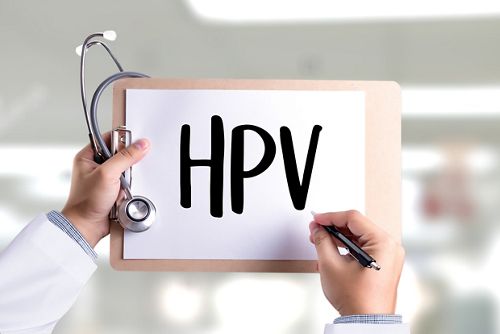Cancer survivors have a higher risk of HPV-related cancer

A study of more than 24,000 childhood cancer survivors showed that survivors have a higher risk of HPV-related cancer. HPV is a virus that many sexually active people are exposed to during their life. A lot of HPV infections go away on their own, often with no symptoms, but some types of HPV can cause cancer. HPV-related cancers are cancers of the mouth, throat, and genital areas.
After childhood cancer treatment, 46 survivors in the study were diagnosed with HPV-related cancers. HPV-related cancers were almost 3 times more likely in survivors than expected and were found at younger ages. The risk of HPV-related cancers was highest in those who had platinum chemotherapy (cisplatin) or high-dose radiation to the head, neck, or pelvis.
HPV-related cancers can be prevented and treated when caught early. Vaccination with the HPV vaccine can help prevent HPV infection and cancers. Routine health visits, including oral exams and cervical cancer screening (in females), can identify cancers early.
As a survivor, you should know about your risk for HPV-related cancers and take action to stay healthy. Here are some things you can do:
Taking these steps may prevent and lower your risk of getting an HPV-related cancer.
Henderson TO, Fowler BW, Hamann HA, Nathan PC, Whitton J, Leisenring WM, Oeffinger KC, Neglia JP, Turcotte LM, Arnold MA, Conces MR, Howell RM, Robison LL, Armstrong GT, Alexander KA. Subsequent malignant neoplasms in the Childhood Cancer Survivor Study: Occurrence of cancer types in which human papillomavirus is an established etiologic risk factor. Cancer. 2022 Jan 15;128(2):373-382.